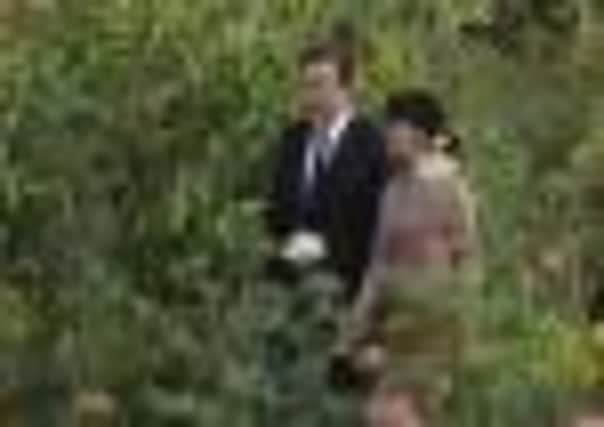Come to Britain – David Cameron’s invitation to Aung San Suu Kyi


Standing alongside the opposition leader in the garden of the lakeside villa where she spent 15 years under house arrest, the Prime Minister yesterday invited her to come to London in June.
It would be the first time in more than two decades that Ms Suu Kyi has left Burma and would present a major test of the government’s commitment to reform.
Advertisement
Hide AdAdvertisement
Hide AdThe Nobel Peace Prize winner has previously refused to leave the country for fear she would not be allowed back in.
However, she indicated a growing confidence in the good faith of president Thein Sein by saying she was considering accepting the offer.
“Two years ago, I would have said thank you for the invitation, but sorry,” Ms Suu Kyi said.
“Now I am able to say perhaps. That is great progress.”
Mr Cameron is the first serving prime minister to visit Burma, which became independent from Britain in 1948.
His first engagement yesterday morning was talks with Mr Sein at the presidential palace in the purpose-built capital Naypidaw.
The Prime Minister congratulated the government for pushing through reforms, including releasing political prisoners and holding parliamentary by-elections this month that saw Ms Suu Kyi’s party win 43 seats. He then headed to the capital Rangoon, where he met Ms Suu Kyi and sought her opinion on how best to encourage further change.
Speaking at a joint press conference afterwards, Mr Cameron announced his support for suspending tough sanctions imposed by the European Union – opening the door for development aid.
A decision is due to be taken at a meeting of European ministers on 23 April. “Of course we must respond with care, we must always be sceptical and questioning because we want to know those changes are irreversible,” he said.
Advertisement
Hide AdAdvertisement
Hide Ad“But as we have discussed, I think it is right to suspend the sanctions that there are against Burma – to suspend them, not to lift them – and obviously not to include the arms embargo.
“I do think it is important to send a signal that we want to help see the changes that can bring the growth of freedom of human rights and democracy in your country.”
The Prime Minister added: “All courses of action are full of risk, but I think this is the right step. We are not starry-eyed or credulous about this. We know what a long, hard road needs to be travelled between now and 2015.”
Ms Suu Kyi expressed hope that Burma could see a “happy ending” following decades of oppression by military rulers.
“We still have a long way to go but we believe we can get there,” she said.
“I believe president Thein Sein is genuine about democratic reforms.
“This suspension will have taken place because of the steps taken by the president and other reformers.
“It would also make it quite clear to those who are against reform that should they try to obstruct the way of the reformers, then sanctions could come back.”
Advertisement
Hide AdAdvertisement
Hide AdThe veteran campaigner added: “The world loves a happy ending. I don’t at all mind that Prime Minister Cameron would like to see a happy ending to the democracy story in Burma.”
Ms Suu Kyi studied at Oxford, and her late husband was an academic at the university.
Their sons were born while the couple were living in Britain.